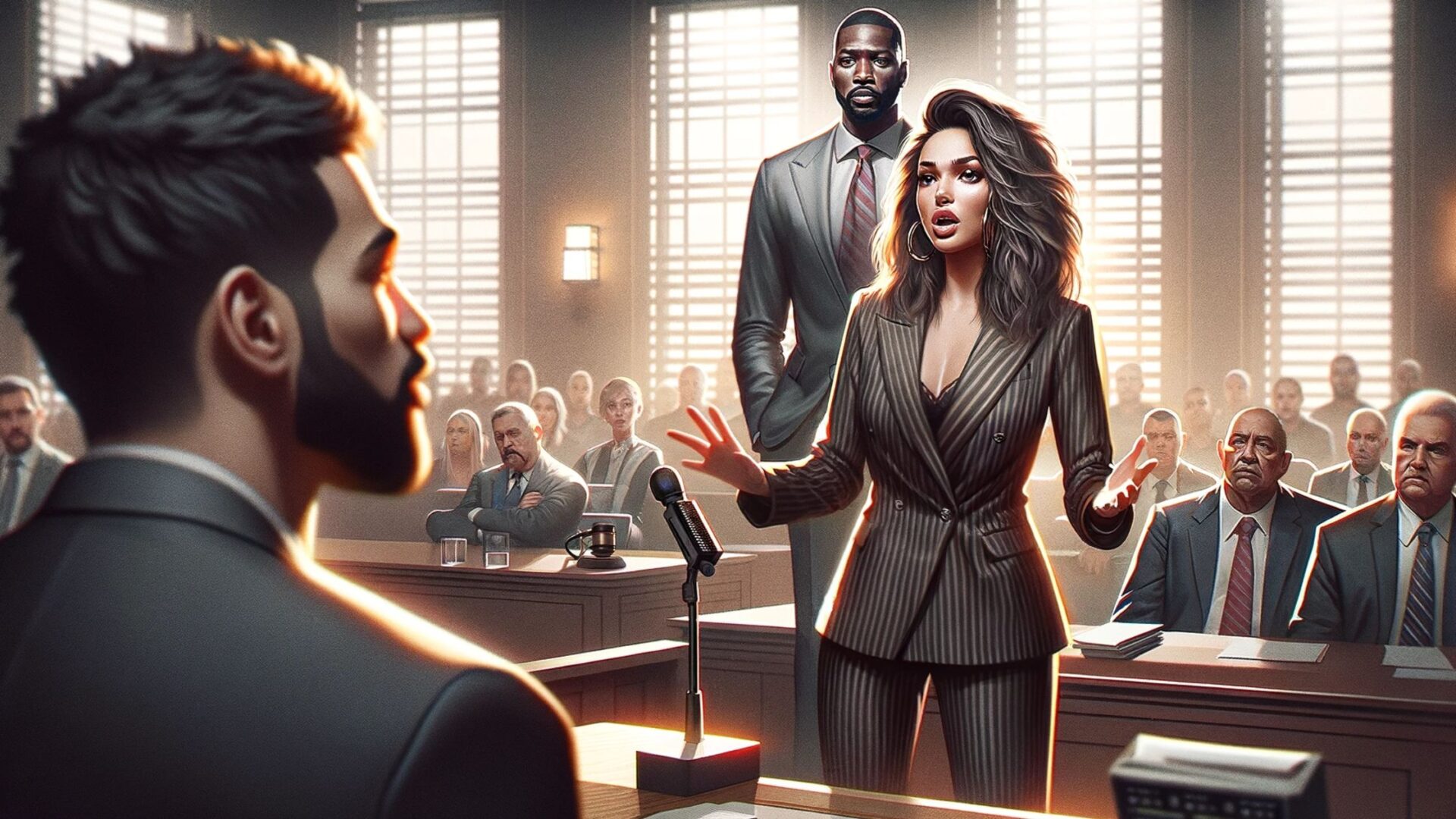Key Takeaways:
- A heated oversight hearing paused after two lawmakers shouted at each other.
- Rep. Frost challenged Rep. Higgins on using the National Guard in Louisiana.
- Frost called Higgins a “lapdog” to the president, leading to a motion to expunge.
- The clash overshadowed debate on police powers and D.C. self-rule bills.
- The chair had to restore order before the panel could continue its work.
Inside the oversight hearing showdown
A routine session on law enforcement turned into chaos Wednesday.
Two members clashed so loudly that the panel had to pause.
Rep. Maxwell Frost questioned Rep. Clay Higgins about public safety.
Then things escalated when Frost hurled his “lapdog” insult at Higgins.
The debate on law-enforcement powers
First, the lawmakers discussed a bill on police pursuit rules.
Rep. Higgins wants wider powers for officers chasing fleeing suspects.
In contrast, Rep. Frost pressed him on local safety steps.
Specifically, Frost asked why Higgins did not call up his state guard.
He pointed out that Louisiana’s random street risk exceeds D.C.’s.
He argued governors should act if local crime rates soar.
Then Frost made his sharp critique.
“You’re more likely to be shot standing on a street in your state,” he said.
“Why did you act in D.C. but not in Louisiana?”
Immediately, tension rose in the committee room.
Key moments in the oversight hearing clash
During the oversight hearing, voices rose across the room.
Frost then aimed his fiercest words at Higgins.
“You’re here because you’re lapdogs to the president of the United States,” he snapped.
That comment triggered immediate protest from Higgins.
He stood up and demanded those words be stricken from the record.
“Words taken down, Mr. Chairman,” Higgins declared firmly.
His outburst led to shouts from both sides of the aisle.
Members interrupted each other as tempers flared.
At that point, the chairman halted all business.
He called for silence and asked for calm decorum.
Finally, order returned, though the mood stayed tense.
The chairman reminded everyone of the oversight hearing’s purpose.
Then he pushed participants back to the agenda on policing.
Still, the disruption lingered in the committee room.
A broader D.C. legislative push
Meanwhile, Republicans advanced a package of bills on D.C. justice.
They seek to limit the city’s self-rule on criminal laws.
This effort follows the end of temporary federal police control.
That control expired 30 days after it began under emergency powers.
Without congressional approval, the president cannot extend it further.
Yet these new bills mirror parts of the former oversight plan.
They propose changes to crime reporting and sentencing rules.
They also aim to insert Congress into local lawmaking in D.C.
Supporters say they protect national interests in the capital.
Critics argue they undermine D.C. residents’ right to govern themselves.
Thus, even after the hearing resumed, tension remained high.
Lawmakers warned that future sessions could see more fireworks.
In the meantime, the bills moved forward despite the chaos.
Why the oversight hearing turned chaotic
First, the core issue hit a personal nerve for Frost.
He used crime stats to challenge a fellow congressman.
Second, Frost saw Higgins’s actions as political theater.
He accused him of acting on behalf of the president.
Third, Higgins felt personally attacked and sought to defend himself.
He moved to erase the insult from the record.
As tempers flared, standard rules gave way to shouting.
Only strict decorum and the chair’s authority saved the session.
Still, the damage was done: the committee lost momentum.
Witnesses and other members had to wait for calm to return.
Lessons from the oversight hearing showdown
This clash shows how divided lawmakers can be today.
Even routine oversight can trigger personal attacks.
Committee work depends on respect and clear communication.
When those break down, important debates grind to a halt.
Both parties risk missing key issues amid heated exchanges.
Looking ahead, members must find a way to disagree politely.
Otherwise, they may delay essential law-enforcement reforms.
They also risk weakening trust in the oversight process.
Building common ground will require mutual respect and listening.
What happens next
The committee will reconvene to finish its discussion.
Members plan to debate the police pursuit bill further.
They also will review the new D.C. justice package.
Lawmakers could call more witnesses on public safety issues.
However, they may first reinforce rules for proper decorum.
If tempers flare again, the chair may impose strict time limits.
Some suggest members face formal sanctions for shouting in committee.
Others propose mediation sessions before critical votes.
All agree the oversight hearing must stay on track.
The fallout from the lapdog clash will linger.
It serves as a warning about heated rhetoric in Congress.
Still, the more urgent test lies ahead: real law changes.
Both sides need to get back to debating policies, not personal attacks.
FAQs
What exactly happened during the oversight hearing?
The session on police powers paused after two members shouted. A verbal insult led to calls to remove comments from the record.
Why did Rep. Frost call Rep. Higgins a lapdog?
Frost accused Higgins of following the president’s lead without independent judgment, based on Higgins’s actions in D.C. and not in Louisiana.
What bills did Republicans advance after the clash?
They moved a set of measures to alter D.C.’s criminal justice rules and limit the city’s self-governance.
How will this hearing affect future committee work?
Lawmakers may adopt stricter decorum rules, impose time limits, or seek mediation to avoid similar disruptions.
